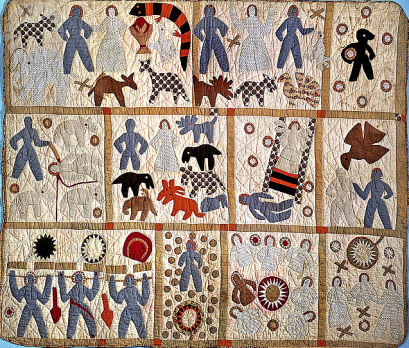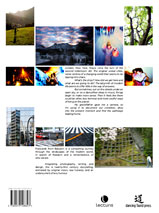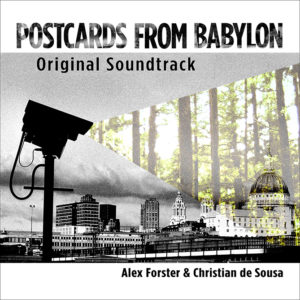
The notion of ‘biocultural rights’ goes beyond individual rights and private property to explicitly recognize a community’s identity, culture, governance system, spirituality and way of life as embedded in a specific landscape. It represents a bold new departure in human rights law that recognizes the importance of a community’s stewardship over lands and waters. The emerging movement for biocultural rights is woven from four main strands:
- “post-development” advocates who are articulating a vision for human society beyond the discredited neoliberal paradigm;
- the commons movement that rejects the “tragedy” fable and empirically demonstrates the effectiveness of local self-governance;
- the movement of indigenous peoples asserting their right to self-determination, cultural heritage and stewardship of the land; and
- the push for a “third generation” of environmental human rights that go beyond basic civil and political rights (first generation) and socio-economic and cultural rights (second generation), to recognize community rights to self-determination, economic and social development, cultural heritage and a clean and healthy environment.
.
Read David Bollier’s short article “The Rise of Biocultural Rights” and dig deeper with the longer and more detailed proposal by Kabir Sanjay Bavikatte and Tom Bennett, Community Stewardship: the foundation of biocultural rights
Illustration (quilt) by Harriet Powers




